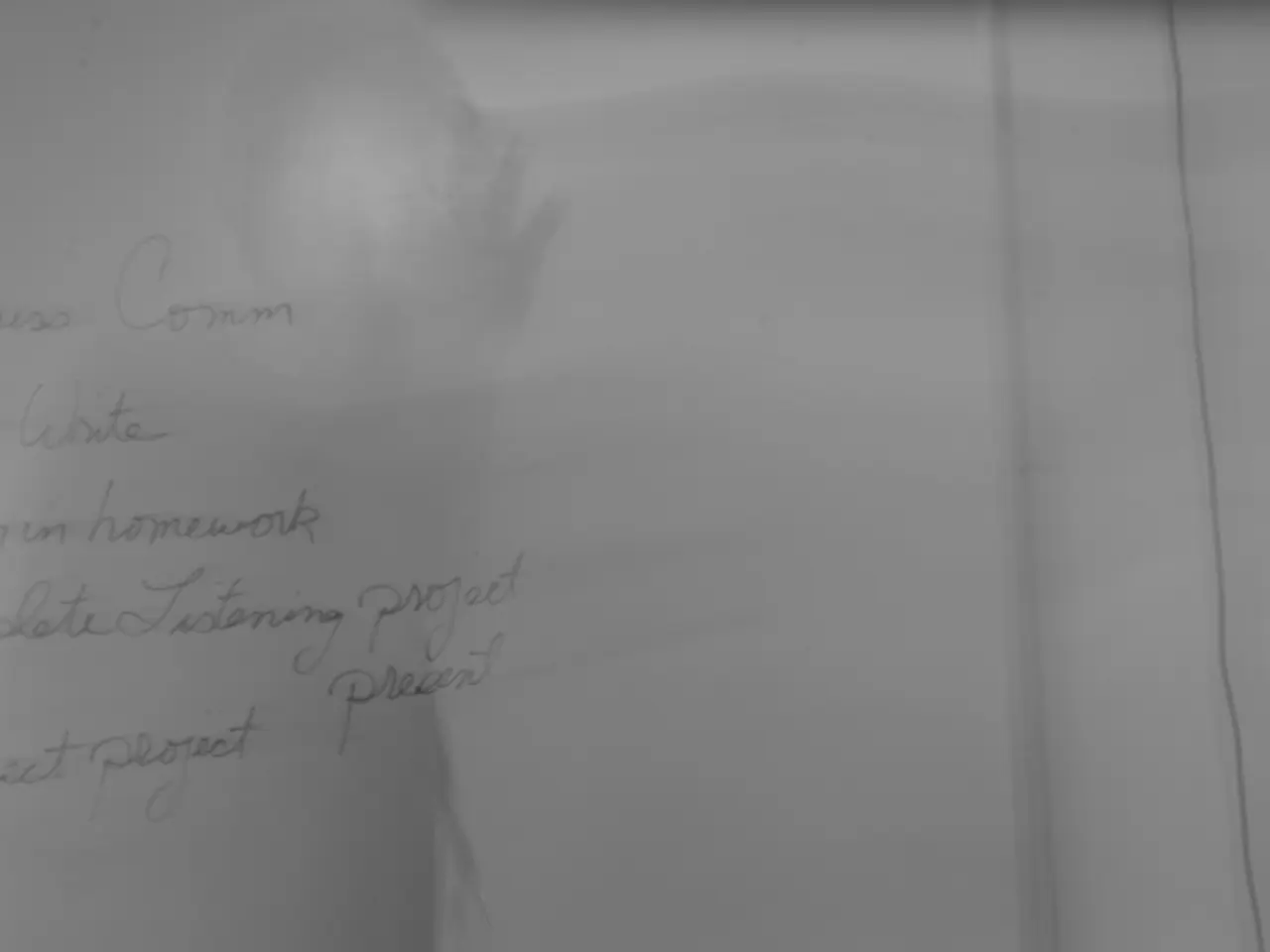Seeking Evaluations from Your Professors
In "The Writing Process", Rafi Lehmann, the Social Sciences Correspondent, offers guidance on surviving a writing-heavy semester. One of the key strategies he suggests is requesting feedback from professors on final papers, a practice that is often overlooked.
Many students may find that very few professors share feedback beyond the letter grade when it comes to final papers. However, the author of this article found great value in seeking writing feedback from a history professor after sending an email.
To make the most of this opportunity, it's essential to approach your request politely and professionally. Be clear about your desire for feedback, stating specifically that you're seeking it to improve your understanding or future work.
Offering to meet during office hours or at a convenient time can also be beneficial if a discussion would be helpful. Don't forget to thank the professor for their time and assistance in advance, and sign off professionally.
For example, your email might end with:
"I would appreciate any feedback you could provide on my final paper. Please let me know if we could schedule a time to discuss it, either during your office hours or at your convenience. Thank you very much for your time and support." Then sign off with something like "Sincerely," followed by your full name and student details.
Since professors may have limited availability after the semester ends, it's best to contact them promptly and be respectful of their time. If the professor is unavailable or unresponsive, it's important to check your institution’s policies for grade disputes or grade appeals, which often have time deadlines and formal processes you may follow to request further review or feedback.
It's also worth noting that after-semester email exchanges can provide valuable writing feedback and even help form a relationship with your professors beyond the class. Remember, professors spend a significant amount of time reviewing and grading students' work, so reaching out for feedback can be a valuable learning opportunity for both you and your professor.
In addition, the article "How to Complete Research Assignments during Quarantine" published in "Junior Paper (JP)" may provide further tips on completing research assignments during remote learning.
[1] Grade dispute or grade appeal policies may vary by institution, so it's important to familiarise yourself with your institution's specific policies.
[2] Example email provided for illustrative purposes only.
[3] This article does not contain advertisements.
- Pursuing education-and-self-development can be enhanced by embracing personal-growth opportunities, such as seeking feedback on junior paper assignments.
- The practice of requesting writing feedback from professors, as highlighted in "The Writing Process" and other educational resources like "Junior Paper (JP)", is crucial for promoting learning and achieving personal-growth.




